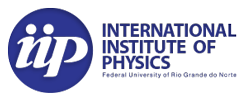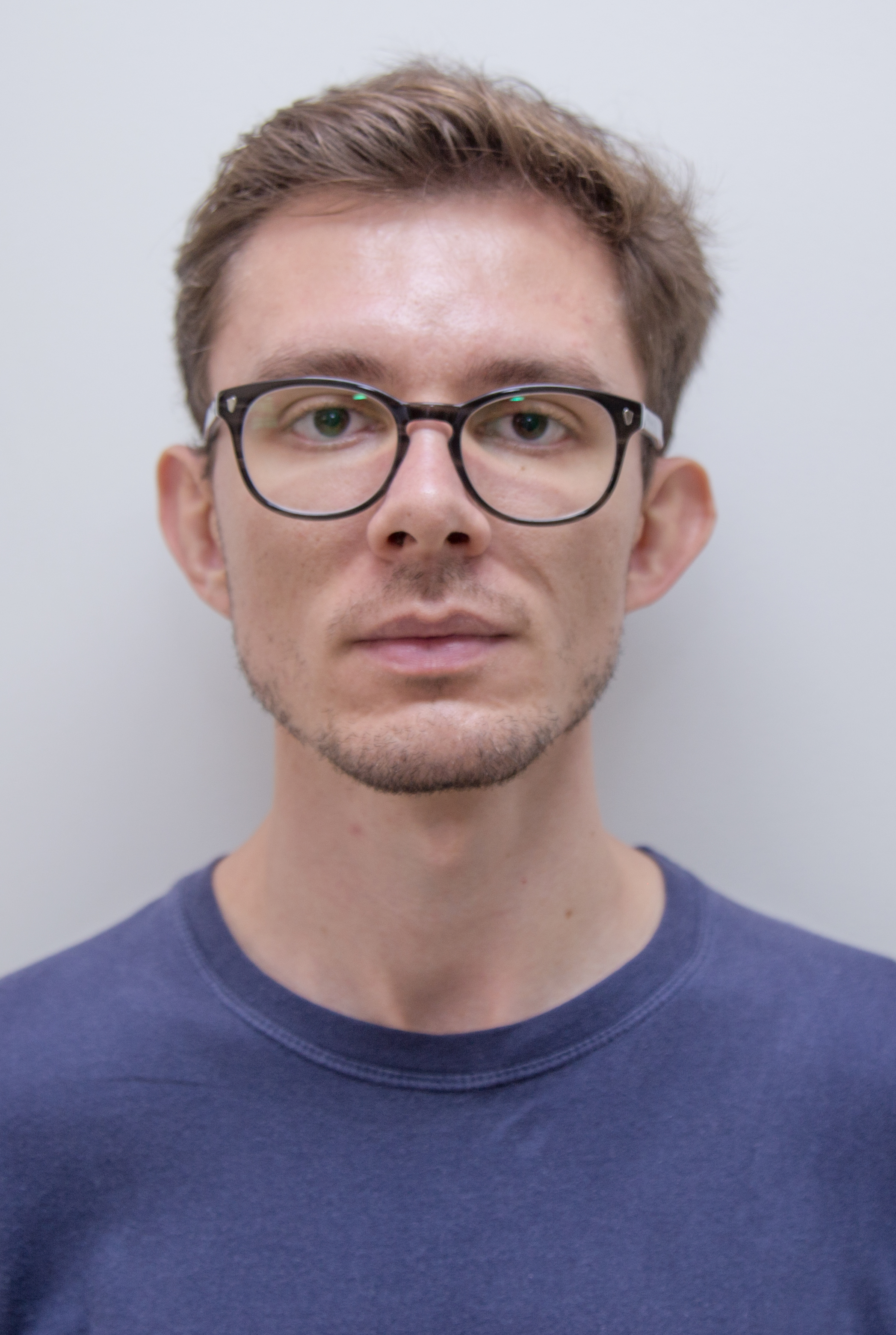The last decades witnessed intense theoretical and experimental research activity in order to understand the concept of time in quantum mechanics. This subject triggered significant progress in the search for faster and efficient schemes in the implementation of quantum information and communication technologies. Starting from the puzzle "How fast can a quantum state evolve under a given dynamics?", such advances has led to the establishment of quantum speed limits (QSLs), i.e., a lower bound setting the minimum time evolution between two distinct quantum states. Past results have included different, apparently unrelated approaches to QSLs, and sometimes tailored to specific settings, which therefore left a fundamental gap in obtaining a satisfactory answer to the question posed previously. In this talk, I will first review the main results concerning QSLs. After that, I will discuss a recent formalism to approach QSLs from an information theoretic point of view which encompass both closed and open quantum evolutions.









